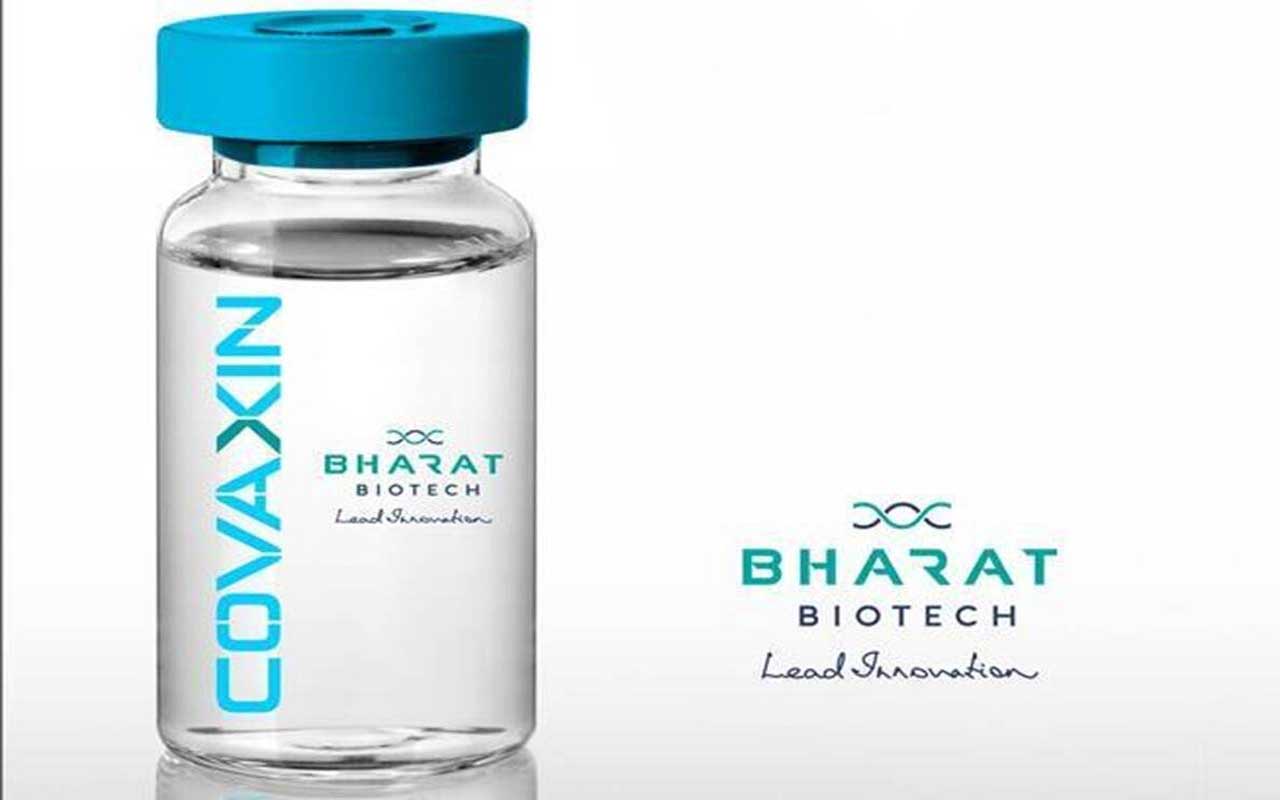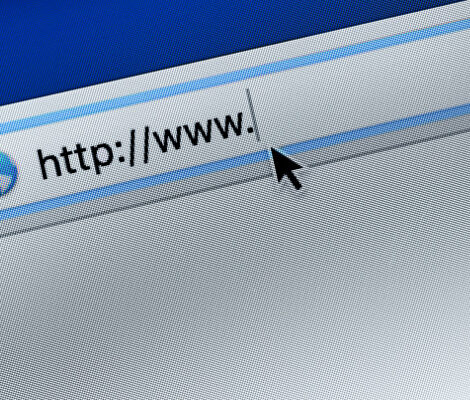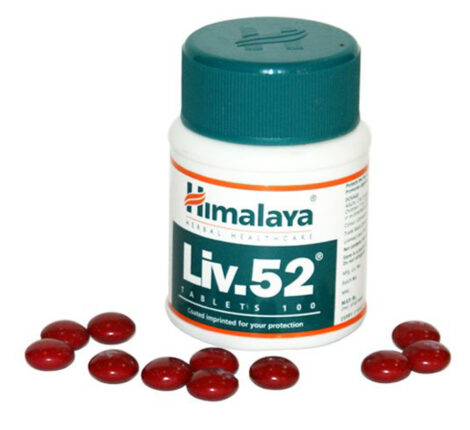Intellectual Property Rights in Covaxin
After being forced into our room, and fighting for over a year, just when we thought things were rolling back to normalcy, here we are again. While the second wave is proving to be more challenging than the first one, one silver lining of a hope that we all are clinging to, are vaccines. After a year of extensive study and trials, Bharat Biotech officially came up with a Covid-19 vaccine, Covaxin. However, even though this has been a big leap towards the nation’s fight against the deadly pandemic, there are concerns arising related to the intellectual property rights in the vaccine. In a recent article, Economic Times proposed that the government should buy out all the IPRs in the vaccine. The reasoning was to ensure compliance to the WTO proposal wherein India had agreed alongside South Africa to waive all the intellectual property rights in the vaccines made to fight the COVID-19 vaccine.
General Financial Rules
The General Financial Rules, 2017 (GFR), deals with the Funding of Sponsored Projects or Schemes, the Government Ministries or Departments sponsor projects or schemes undertaken by Universities and other similar Autonomous Organisations which are meant for issues of national interest. The Rule 233(i) of the GFR states that where the whole of the expenditure of such projects are undertaken or sponsored by the relevant ministry, ““a stipulation should be made in such cases that the ownership in the physical and intellectual assets created or acquired out of such funds shall vest in the sponsor”. The issue herein is that this does not constitute a binding requirement and only makes it an option that transfer of all intellectual assets shall be desirable and could be considered. Going further in the rules, the clause (ii) also lays down that when the project is completed, it is the decision of the sponsor/government ministry as to whether the tangible and intangible assets are to be returned, sold or retained by the agencies. The problem with the provision arises from the fact that it is unclear and uncertain, making it vulnerable and open to be misused by the agencies.
Coming back to the issue at hand, the agreement concerning the funding of vaccine between Bharat Biotech and ICMR is not available online to be accessed by the citizens. This further adds on the uncertainty caused by the vague and indecisive terminology of the provisions provided for in the General Financial Rules. The vaccine has been developed by the ICMR-National Institute of Virology (NIV) and Bharat Biotech via a public-private partnership between the two and this gives the government certain authority over the intellectual property rights in the vaccine so co-developed.
A conclusion has been drawn that intellectual property rights in the vaccine have been retained by Bharat Biotech given the fact that there have been reports of the biotechnology company collaborating with the US based pharmaceutical company Ocugen for production and sale of Covaxin in the United States Market. This leads to the speculation that the IPRs in covaxin are retained by Bharat Biotech and not the government.
Waiver Vs Compulsory Licensing
Arguments have arisen in favour of waiver over the patent rights to ensure free and unhindered transfer of information regarding the vaccine to be used for the benefit of humankind. The government can ensure this free access by allowing the information in all covid projects funded by it to be available in public domain. Another way can be by mere retention of the patent and other intellectual property rights, without enforcement of the same.
The waiver of intellectual property rights over the vaccine has been argued to be superior to the compulsory licensing of the same. The arguments which favour waiver and oppose compulsory licensing mainly state that,
- In cases of compulsory licensing, there is a mandatory requirement of payment of ‘adequate fees or compensation’ to the patent holder in exchange of the information. However, there is neither a clarification, nor a method to calculate what will be an adequate amount in each case. This lack of clarity and lack of a method to quantify is a potential to misuse by patent holders who may charge exorbitant rates. Further, in maximum cases, there is a series of lengthy negotiations that the parties have to go through before they settle on an amount.
- The fact that manufacturers can only produce predetermined quantities of the product so licensed, leads to the biggest hindrance in the mass production of the vaccines.
- There are often retaliations by the large pharmaceutical companies against the countries that impose compulsory licensing and this can pose threat to employment and investment opportunities.
While there are arguments that go against the complete waiver of the intellectual property rights stating that a complete waiver will lead to reduction in incentive for the companies to engage in research as they cannot recover the amount that goes into research and manufacture of the vaccine. However, given the gravity of the situation with the second wave, and the fact that research and production is partly funded by the government weakens the argument.
The recent developments surrounding the Covid-19 pandemic has revealed how the lack of active effort and alertness on the part of the government can prove to be fatal. With the sudden rise in number of patients infected with the virus in the much deadlier second wave and the shortage of not only hospital beds but basic facilities are only a testament to that. The situation has compelled the people and nation as a whole regarding the willingness and ability of the government to provide access to basic amenities to the needy in such a dire situation. What has further raised concerns are the recently released prices of the vaccine by Bharat Biotech, which are exorbitantly priced at Rs 600 per dose for State governments and double of it, Rs 1200 for private hospitals. This raises serious doubts and strengthens the concerns that given the uncertain wordings in General Financial Rules, 2017, if the IPR in the vaccine are retained by Bharat Biotech, there is a potential for misuse and the same seems to have begun.




